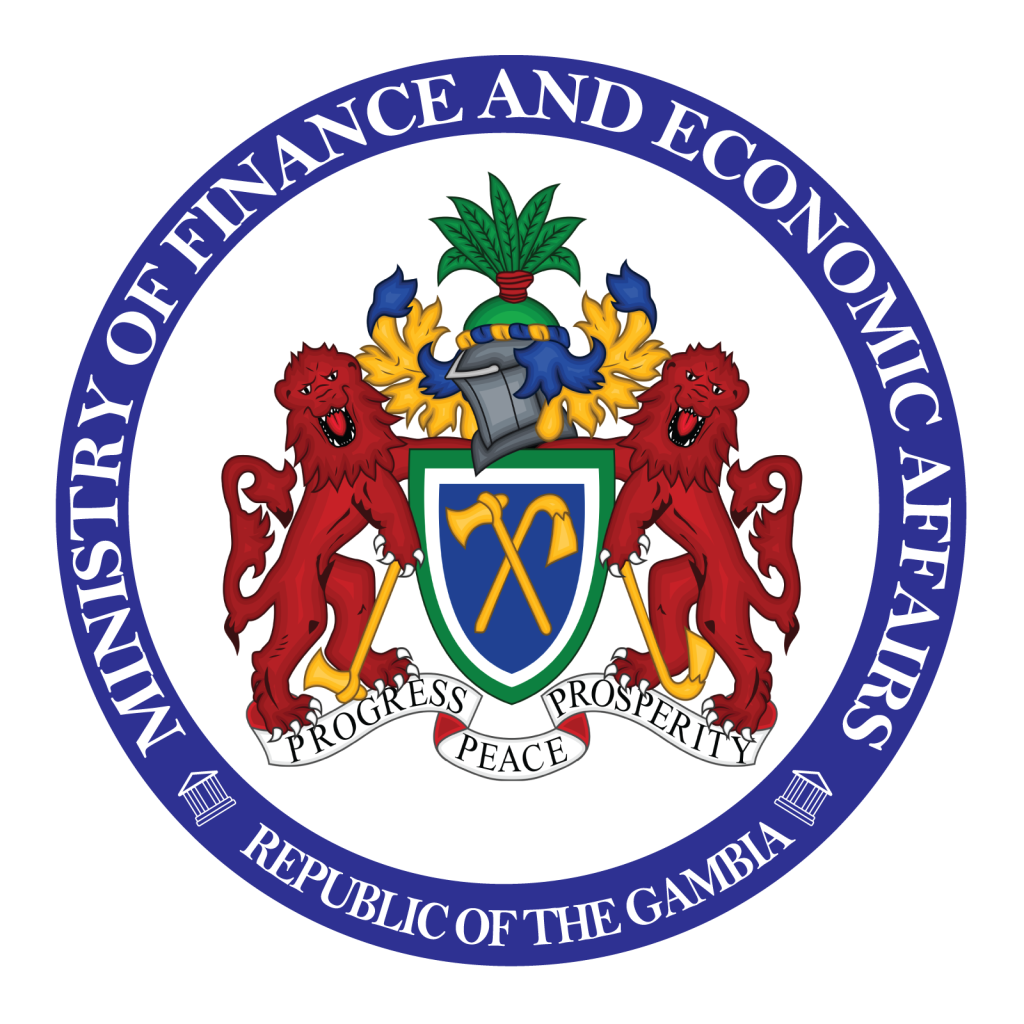The Ministry of Finance and Economic Affairs with the World Bank conducted the first steering committee meeting on the Turn Around Allocation (TAA) strategy on the 18th of January 2023 at SDKJ-ICC. In attendance were the Honourable Ministers, Permanent Secretaries, UN Agencies, Civil Society Organisations, and Planning Technicians from other ministries.
Within the context of solid policy and institutional arrangements, improved human capital development outcomes, and enhanced resilience that the Government of The Gambia with the support of the World Bank formulated the Turn Around Allocation (TAA) Strategy in 2021. The overarching objective of the TAA Strategy is to strengthen institutions and systems in order to enhance the transition and build resilience with the aim of achieving good governance, inclusive growth, and sustainable development. It will also consolidate gains achieved since 2017. The Turnaround strategy is implemented under the oversight of the steering committee chaired by the Minister of Finance and Economic Affairs and co-chaired by the Resident Representative of the World Bank Group in The Gambia, jointly with the United Nations Resident Coordinator.
On November 3, 2021, the Government of The Gambia received the World Bank Management’s approval to access the International Development Association (IDA19) Turn Around Allocation (TAA), allowing The Gambia to access a 125-percent top-up of its performance-based allocation of IDA resources. Based on this, critical milestones that were identified in The Gambia’s Turnaround strategy have been achieved and this has enabled the country’s continued access to TAA resources for the Fiscal Year 2023.
In his statement, Hon. Seedy K.M. Keita welcomed his colleague Ministers, Permanent Secretaries, World Bank Officials, Heads of UN Agencies, and all participants to the maiden Turn Around Allocation (TAA) Steering Committee meeting, the first since the elaboration and the adoption of the Turn Around Allocation Strategy. The Steering Committee meeting, he said, would provide a platform to discuss the TAA Strategy, and progress on the milestones since the review in June 2022. “It is worthy to note that continued eligibility under the TAA facility is based on the achievement of the milestones based on an annual reviewâ€. He narrated.
The Minister said significant strides have been made in key areas such as transitional justice, macroeconomic reforms and performance, stabilization of government finances, youth employment, and State-owned Enterprises (SOEs) reforms. He noted that the Government under the leadership of President Adama Barrow is convinced that continued effort is critical to sustain these gains and consolidate the transition and reconciliation processes, political stability, and inclusive and broad-based growth for enhanced poverty reduction. Such initiatives, he postulated, will have to be founded on solid policy and institutional arrangements, improved human capital development outcomes, and enhanced resilience.
The formulation and implementation of the strategy are underpinned by strong country ownership characterized by a highly consultative process. A Technical Committee was responsible for formulating the TAA strategy which drew membership from sectoral ministries composed of development planners and key technicians under the leadership of the Permanent Secretary of the Ministry of Finance and Economic Affairs. Contributions from the sectors were reviewed during a retreat, culminating in the identification of sectoral milestones for the implementation and monitoring of the strategy. The World Bank Group through the Fragility, Conflict, and Violence (FCV) Group, Country Management Unit, and various Task Team Leaders provided support during the formulation process. This Turn Around Allocation Strategy takes into account challenges due to the past government’s legacies, factors of fragility, and reforms, already undertaken to provide a platform for resilience building.
The analysis led to the identification of five strategic goals: Governance and Transitional Justice – to enhance and improve human rights, access to justice, and good governance; Security and political stability – focusing on political stability and the security sector, as a way to restore trust between citizens and the state, and continue the positive transition trajectory; Land Management, Environment, and Climate Change – to enhance sustainable management and conservation of the environment and natural resources for increased resilience; Human Capital Development – to deliver and improve access to basic services and Inclusive growth and economic stability – to reduce poverty and promote economic and social equality.
Hon. Keita further stated that these goals are very much in sync with the priorities of the Green Recovery Focused National Development Plan (2023 – 2027) which will soon be adopted. He added that the Turn Around Allocation strategy creates significant additional resources on top of the country’s International Development Association (IDA) allocation.
In conclusion, Hon. Keita encouraged all to work closely together for the achievement of the milestones and the attainment of the overarching objective of the strategy. He seized the opportunity to thank the World Bank Group through the Country Representative for the significant support that is being provided to the people of The Gambia. “We look forward to further strengthening this partnership and collaboration as we usher in the Green Recovery-Focused National Development Plan.†He closed.

